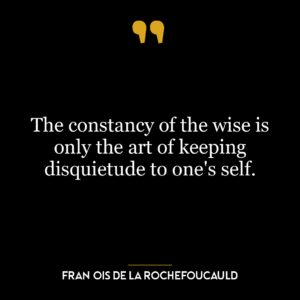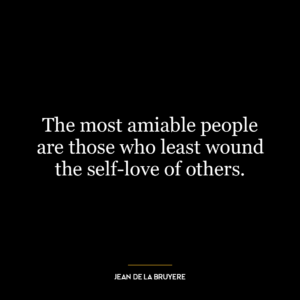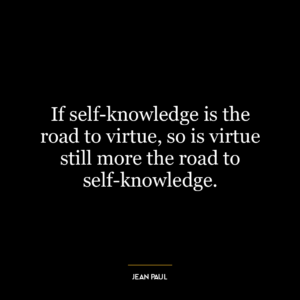This quote is a profound statement about self-realization and enlightenment. It suggests that true enlightenment is not something external to be sought or acquired, but rather, it is the full realization of one’s own nature or essence. This means understanding who you are at the deepest level, acknowledging your strengths, weaknesses, passions, and fears, and accepting them without judgment.
The nature of one’s self being fully realized can be seen as achieving a state of self-awareness where you’re in tune with your emotions, thoughts, and actions. It’s about understanding your place in the universe and accepting that you’re part of a larger whole. This realization can lead to a sense of peace, harmony, and contentment, which is the essence of enlightenment.
Applying this idea in today’s world or in personal development means striving for self-awareness and self-understanding. In a world that often promotes external achievements and material success, this quote reminds us that true enlightenment comes from within. It encourages introspection, mindfulness, and self-acceptance.
In personal development, this could mean setting aside time for self-reflection, practicing mindfulness, and cultivating self-compassion. It might mean seeking therapy or counseling to better understand oneself, or it could involve spiritual practices like meditation or yoga that promote self-awareness.
In a broader social context, this quote suggests that a more enlightened society could be achieved if individuals focus on understanding and accepting themselves. This could lead to greater empathy and understanding between people, reducing conflict and promoting peace.
In essence, the quote is a call to look inward for enlightenment, rather than seeking it in external achievements or possessions. It’s a reminder that understanding and accepting oneself is the key to true happiness and peace.









